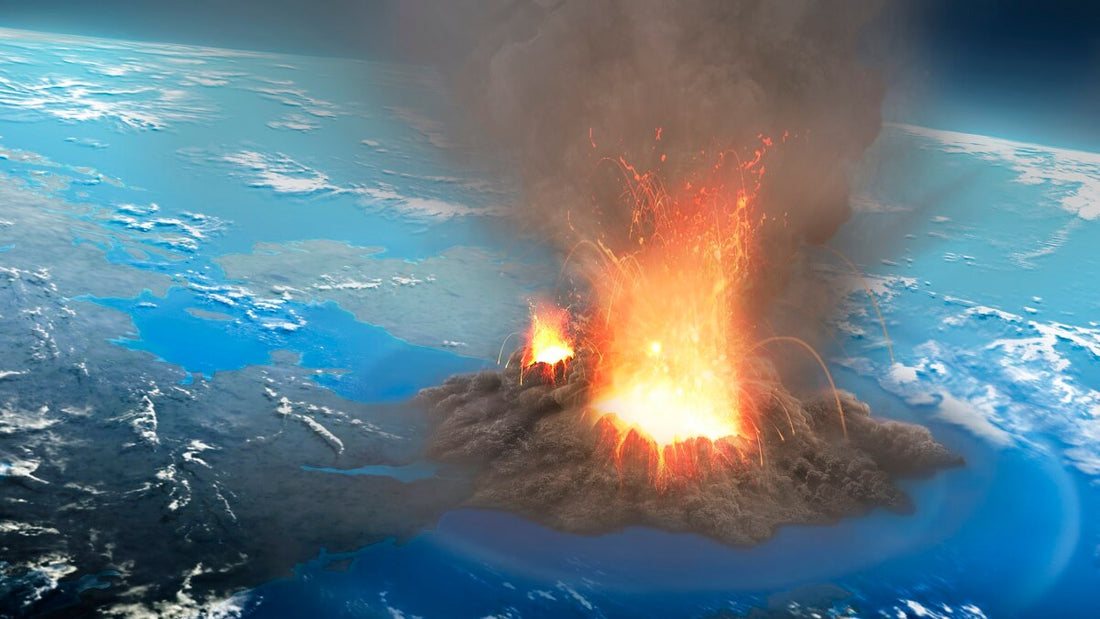
Supervolcano Doomsday: Yes or No? NASA Weighs In
Share
Supervolcanoes – monstrous volcanoes capable of unleashing planet-altering eruptions – have long been a source of fascination and fear. But new research from NASA suggests a super-eruption, while undeniably catastrophic regionally, wouldn't plunge Earth into a global ice age.
The study, led by NASA's Goddard Institute for Space Studies and Columbia University, focused on the impact of super-eruptions on global temperatures. Super-eruptions expel massive amounts of ash and gas into the atmosphere, potentially blocking sunlight and triggering a volcanic winter.

However, the research suggests the cooling wouldn't be as severe as previously thought. Here's why:
- Limited Cooling Effect: While a super-eruption would eject enormous volumes of material, the larger particles clump together, becoming less efficient at reflecting sunlight. Additionally, these larger particles fall out of the atmosphere quicker.
- Counteracting Warming: The same sulphur dioxide particles that block sunlight also trap heat radiating from Earth, similar to greenhouse gases. This creates a temporary warming effect.
The study estimates a super-eruption could cause a global temperature decrease of around 2.7 degrees Fahrenheit (1.5 degrees Celsius) – significant, but not world-ending. For reference, the 1991 eruption of Mount Pinatubo, a much smaller event, caused a global temperature drop of 0.3 degrees Celsius for two years.

Regional Devastation Likely
While a global catastrophe is unlikely, the impacts near the eruption site would be devastating. Super-eruptions unleash pyroclastic flows – superheated avalanches of ash and gas – that can incinerate entire regions. Mass evacuations would be necessary to avoid massive casualties.
Hope for the Future
The good news? Humanity has likely already survived super-eruptions. Geologists believe eruptions at Toba (Indonesia) and Taupo (New Zealand) were even larger than the most recent eruption at Yellowstone.
Early Warning Systems
Thankfully, volcanologists can detect signs of an impending super-eruption well in advance, allowing for evacuation and mitigation efforts.
The Takeaway
Supervolcanoes are a force to be reckoned with, but new research suggests a global super-eruption wouldn't be humanity's extinction event. While the regional impacts would be horrific, advanced warning systems and the planet's natural climate balancing mechanisms offer hope for survival.
You’ve come this far…
Why not venture a little further into A.S.S. - our exclusive Australian Space Society.
And keep thrusting Australia into the deep unknown…
#Space_Aus




